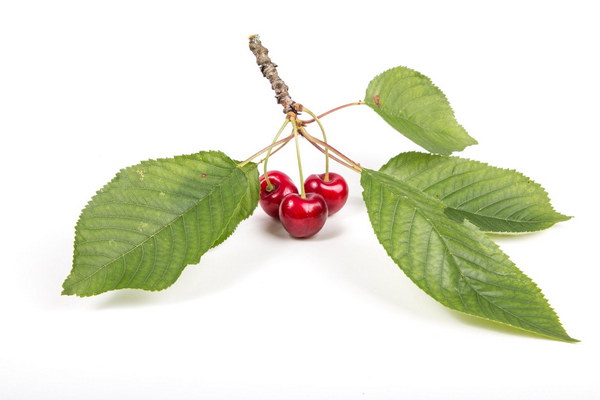Navigating Menopause A Traditional Chinese Medicine Approach to Post-Menopausal Well-being
Introduction:
Menopause marks a significant life transition for women, often accompanied by a host of physical and emotional symptoms. While modern medicine offers various treatments, traditional Chinese medicine (TCM) offers a holistic approach to post-menopausal well-being. This article explores the principles of TCM and provides practical tips for maintaining health and vitality during this pivotal phase of life.
I. Understanding Menopause from a TCM Perspective
A. The concept of Yin and Yang balance:
In TCM, menopause is understood as a result of the imbalance of Yin and Yang energy within the body. As women age, the Yin energy (cool, slow, and female) begins to decline, leading to a relative increase in Yang energy (hot, active, and male). This imbalance can manifest as various menopausal symptoms.
B. The role of the Kidneys:
TCM emphasizes the importance of the Kidneys, which are considered the root of vitality and are responsible for the production of essential substances such as bones, teeth, and hair. The Kidneys also play a crucial role in maintaining Yin and Yang balance. Therefore, supporting the Kidneys during menopause is a key aspect of TCM treatment.
II. TCM Strategies for Post-Menopausal Well-being
A. Acupuncture:
Acupuncture is a traditional Chinese medicine practice that involves inserting fine needles into specific points on the body to stimulate healing. In the context of menopause, acupuncture can help alleviate symptoms such as hot flashes, night sweats, and mood swings by restoring Yin and Yang balance and promoting the Kidney's function.
B. Herbs:
Herbal medicine is a significant component of TCM. Certain herbs, such as rehmannia, ginseng, and peony, are known to nourish Yin and support Kidney function. A qualified TCM practitioner can prescribe a personalized herbal formula to address individual symptoms and needs.
C. Diet and lifestyle:
A balanced diet and healthy lifestyle are essential for post-menopausal well-being. TCM suggests incorporating foods that are cooling and nourishing, such as leafy greens, fruits, and whole grains. Additionally, practices such as tai chi, qigong, and yoga can help improve energy levels, reduce stress, and promote relaxation.

D. Mindfulness and emotional well-being:
TCM emphasizes the importance of emotional balance and stress management. Practices such as meditation, deep breathing exercises, and emotional expression can help women navigate the emotional challenges of menopause.
III. Conclusion
Navigating menopause can be challenging, but by incorporating the principles of traditional Chinese medicine, women can experience a more comfortable and fulfilling transition. By balancing Yin and Yang, supporting the Kidneys, and adopting a holistic approach to health and well-being, women can maintain vitality and enjoy a high quality of life during this pivotal phase of life. Remember to consult a qualified TCM practitioner for personalized advice and treatment.









